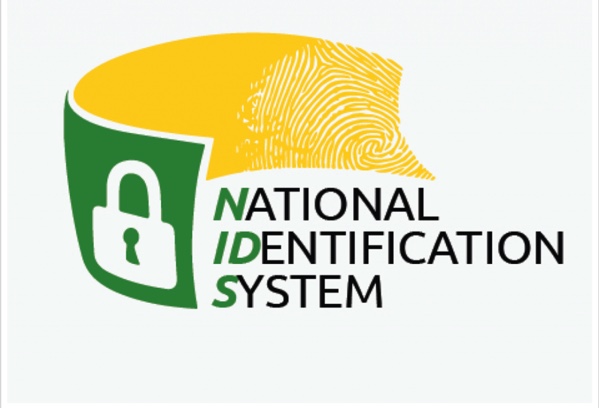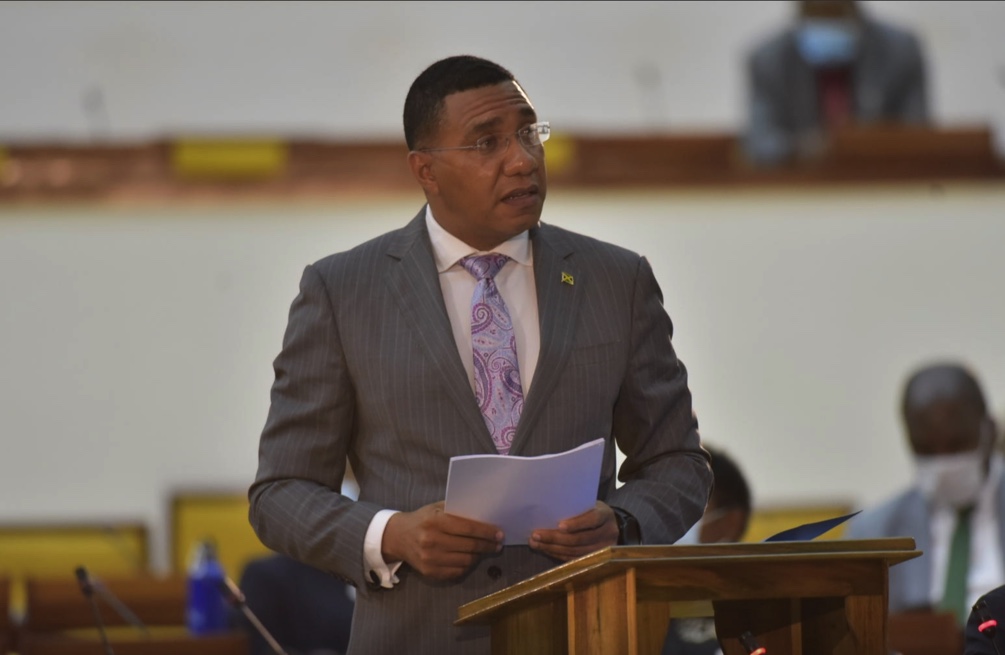NIDS Bill to be Put to Joint Select Committee and Passed this Year


Prime Minister Andrew Holness says his Administration is moving with alacrity to establish the National Identification System (NIDS) in Jamaica by the end of this year.
Speaking yesterday (September 29) at the first official sitting of the new Parliamentary term at the Jamaica Conference Centre, Prime Minister Holness asserted that as policymakers, Parliamentarians must ensure that they put in place the legislation necessary to ensure citizens can receive the highest level of service from the State by, passing the legislation for NIDS.
In that regard, the Prime Minister outlined the benefits of the NIDS for individuals, institutions, and the country.
“By implementing a voluntary system to manage the life cycles of citizens and residents’ digital identities, the NIDS will address two significant challenges that we currently face; how to verify and identify users digitally and securely and how to sign documents digitally. The NIDS will create immense economic value for both individuals and institutions. For individuals, it will enable and increase the use of financial services, improve access to employment and time and cost savings,” said Prime Minister Holness.
The Prime Minister further stated that “for institutions in both Government and the private sector, it [NIDS] will provide cost savings, reduce fraud, increase sales of goods and services, and improve labour productivity. For the country, NIDS will create economic value by enabling greater formalization of economic flows promoting higher inclusion of individuals in a range of services and allowing incremental digitization of sensitive interactions that require high levels of trust”.
According to the McKenzie Global Institute, countries that implement digital ID programmes could unlock economic value of up to 13% of GDP by 2030, making it a potential force for inclusive growth.
Moreover, Prime Minister Holness added that digital IDs can unlock noneconomic value, potentially furthering progress in areas such as protection of rights, transparency, promote increased and more inclusive access to education, health care, labour markets, and can contribute to greater levels of civic participation.
According to the Prime Minister, the National Identification System will assist significantly in closing the gap in the digital divide made more apparent by the pandemic, as Jamaicans are using the internet more frequently. In that regard, the Government has been working assiduously to increase the reliability of broadband services islandwide.
With the implementation of NIDS, the Government will have to procure the infrastructure to assign the unique ID and unambiguously authenticate the ID given.
The Prime Minister assured the Parliament that the information and the identity of each Jamaican will be legally protected by the State through the passing of the data protection bill. Importantly, the NIDS bill to be put to a Joint Select Committee to ensure wide consultation.
In closing, Prime Minister Holness stated “As we advance in the digital revolution we must not be afraid to take bold steps and embrace our future, we are developing the framework and human capacity for innovation in the creation and adoption of secure and safe digital spaces. The Government remains steadfast in transforming our country into a digital economy and a digital society. We will, in a short time, bridge the digital divide”.